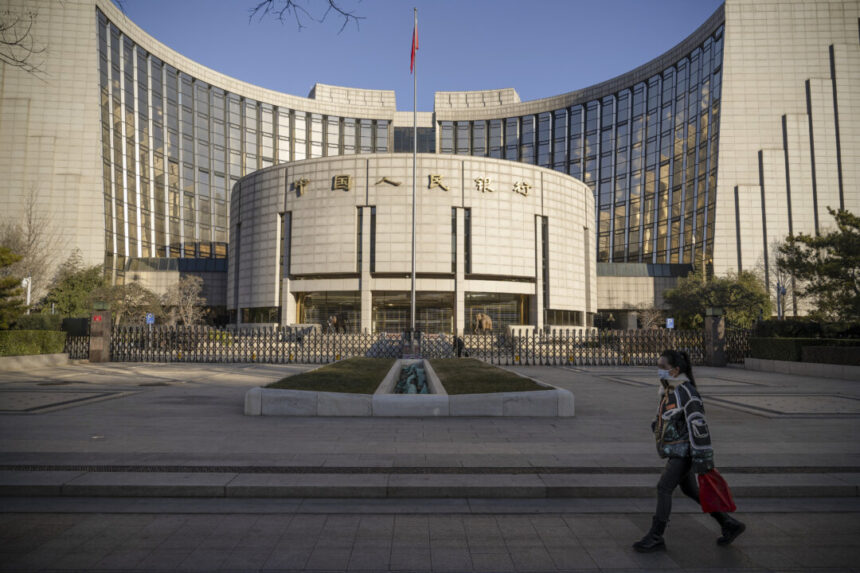Apple is preparing to shift its iPhone assembly away from China, as Beijing struggles with ineffective efforts to boost consumer spending in the country. This situation has taken on a somewhat comical quality, highlighting China’s economic challenges and the government’s inability to address them.
Apple’s decision to diversify its sourcing away from China is a significant blow to the country. The company has already invested heavily in Vietnam and plans to expand iPhone production in India, further reducing China’s share in global production.
This shift away from China by Western and Japanese businesses is driven by three main factors. Firstly, China’s production failures during the COVID-19 pandemic damaged its reputation for reliability. Secondly, Beijing’s focus on security and espionage has hindered foreign operations in the country. Lastly, acrimonious trade relations with major economies like the United States, Brussels, and Tokyo have further incentivized businesses to move their operations elsewhere.
Despite these challenges, Beijing’s attempts to stimulate consumer spending as a replacement for lost foreign investment have been lackluster. The Chinese consumer remains hesitant due to the economic uncertainties caused by the pandemic and the government’s mishandling of the property crisis. Beijing’s efforts, such as special financing for select property projects and minor interest rate cuts, have had minimal impact on consumer behavior.
Overall, China’s struggle to retain foreign investment and boost domestic consumption underscores the government’s ineptitude in addressing the country’s economic challenges.
Especially considering that China has shifted from modest inflation to modest deflation, the small rate cuts could potentially result in an increase in real interest rates.
In addition to this, Beijing has also implemented measures to increase the recycling value of household appliances and automobiles. The goal is to encourage people to replace items more frequently and stimulate consumer spending. While these efforts may have a positive impact on the economy and the environment, they may not be enough to counteract the effects of zero-COVID and the property crisis. Nevertheless, they add an interesting element to the situation, reminiscent of past initiatives such as the “Cash for Clunkers” program in the US.
China’s economy is in need of assistance, and policymakers in Beijing must explore better strategies to boost consumer spending. One potential solution could involve a significant refinancing of the property sector. Additionally, efforts should be made to improve relations with trading partners in Washington, Brussels, and Tokyo by addressing unfair trade practices. It is also crucial to rebuild trust with businesses in the US, Europe, and Japan to attract more investment to China.
As of now, no concrete plans have been put forth to address these challenges, suggesting that China’s economic woes may persist for the foreseeable future.
Please note that the views expressed in this article are the author’s own and do not necessarily reflect those of The Epoch Times.
Source link






